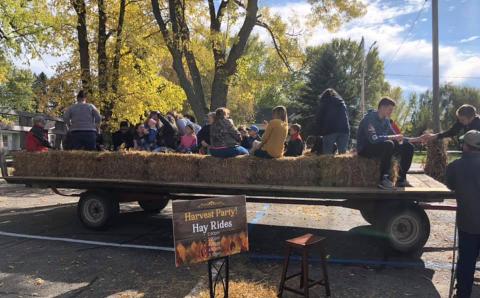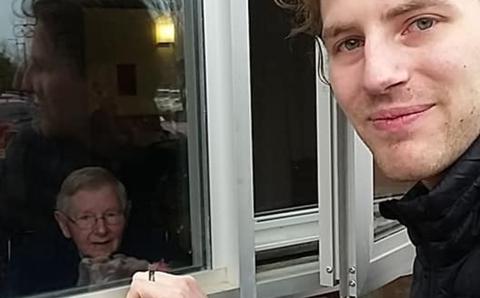Editor’s Note: In fulfilling our role as a public forum of diverse viewpoints, The Banner offers this unsolicited article as part of our denomination’s collective conversation on a pressing issue.
At the June meeting of the Council of Delegates, leaders of the Christian Reformed Church presented a Statement Regarding Systemic Racism. A large majority of the delegates approved the statement. I was among eight who were opposed. Let me explain my negative vote.
I was born in New York City, grew up in a multiethnic neighborhood, and attended public schools from first grade to college graduation. We students were from every ethnic background under the sun. We studied and played together harmoniously—Black people, white people, Hispanic people, Jewish people, and Asian people. But that was not the whole story. I was beaten up by a gang when returning from a prayer meeting in Harlem, slammed to the ground and jeeringly called “whitey.”
Later, my family and I were missionaries in Japan and learned how Japanese people look back with deep regret on the militarist and racist ideology they had learned, which led them into a war of aggression. After WWII, they faced the enormous challenge of restoring relationships with their neighbors in Asia, whom they had been taught were inferior.
I agree that racism is sin. It is a deep-seated problem, calling for repentance and learning to love all of God’s creatures, for we are all made in God’s image. But it underestimates the breadth and depth of racism to focus largely on white racism and hammer away at white guilt. There are racists in every ethnic group. This is one reason I could not sign the statement.
There is also systemic racism, built into the structures of society. One lawyer told me how young Black men receive harsher sentences than young white men for the same crimes. Another friend described redlining: mortgages for homes in the inner city are harder to get. An article in the Wall Street Journal documented how police unions resist disciplining officers who have a history of using excessive force.
Yet two police officers I know resent that people have no idea what it is like to struggle with someone resisting arrest or the split-second decisions that have to be made. They see videos of the officer kneeling on George Floyd’s neck and unequivocally condemn choke holds as illegal. At the same time, they wondered if Floyd did anything to provoke the treatment.
We see demonstrations that turn into rioting and looting under the influence of anarchist groups. We see capitulation by mayors allowing for enclaves off-limits to the police, where more lives are lost. This serves only to prove how important it is to have police protection.
These are issues that call for serious discussion. But I felt the statement I was asked to sign was too simple to adequately address all sides of the story.
About the Author
George R. Young attends Sussex (N.J.) Christian Reformed Church and lives in Stanhope, N.J. Now retired, he is a former pastor of Immanuel CRC in Kalamazoo, Mich., and a former missionary to Japan.







